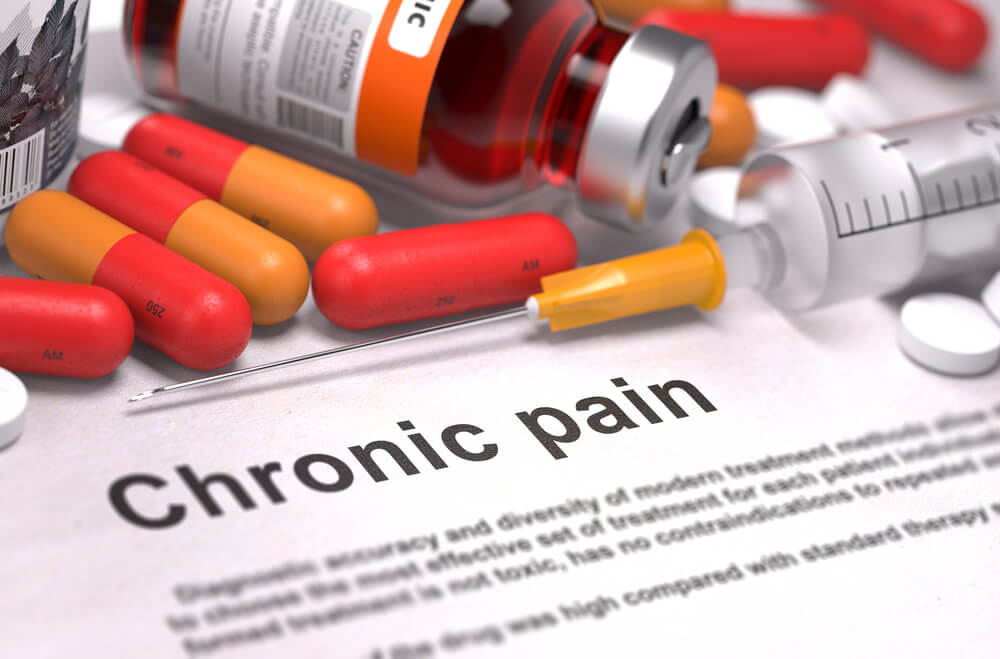Everybody is encountering chronic pain all over the body. Unexpected pain is an essential response of the nervous system that alerts you on injury or other issues. When this happens, pain signals travel from the affected area to your brain.
The pain may become serious when the area where the injury occured is not treated. Still, chronic pain is different from normal pain. Even if the damaged area has healed in chronic pain, it will always send signals to your brain for several years. The effects of chronic pain can control the tolerance of the body. It will make it more challenging for anybody to do their daily activities.


